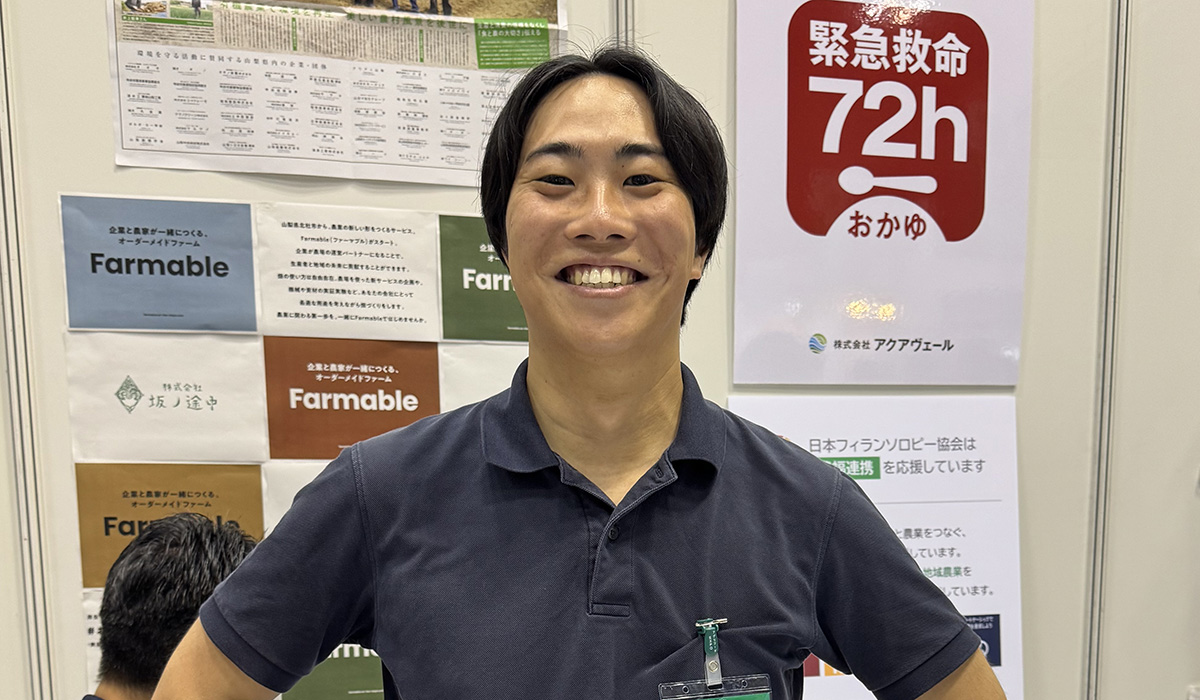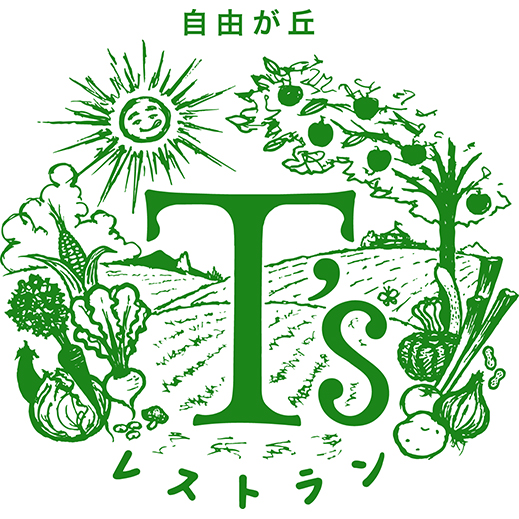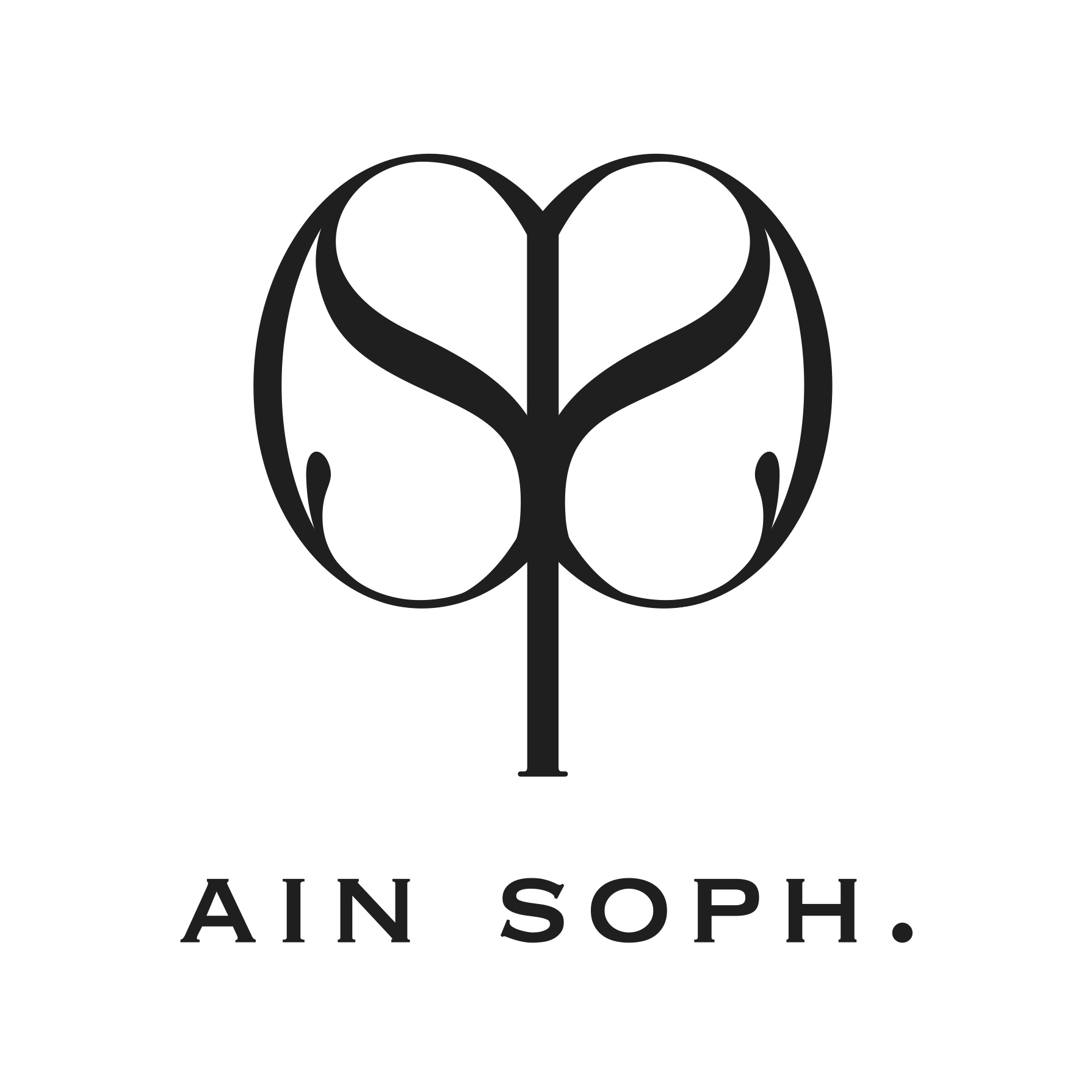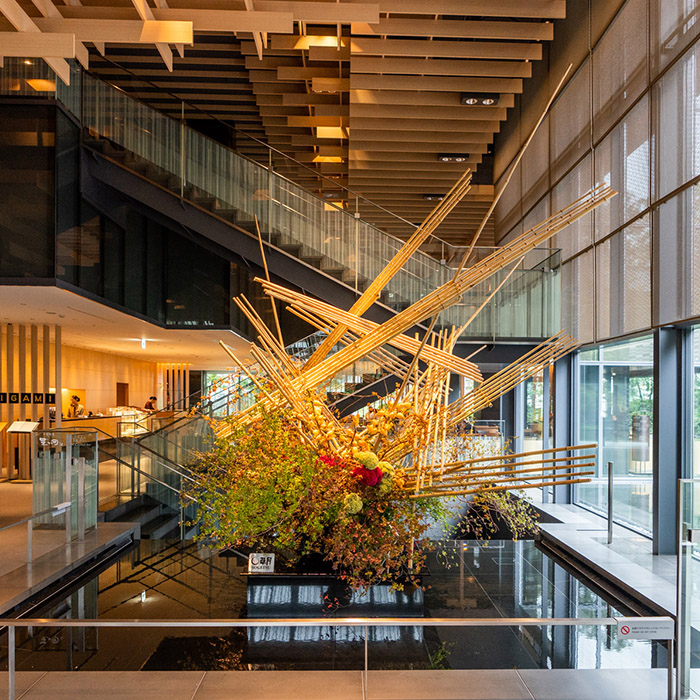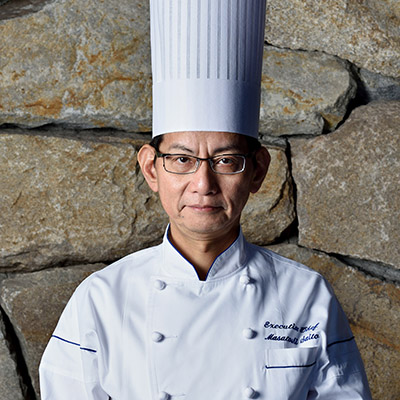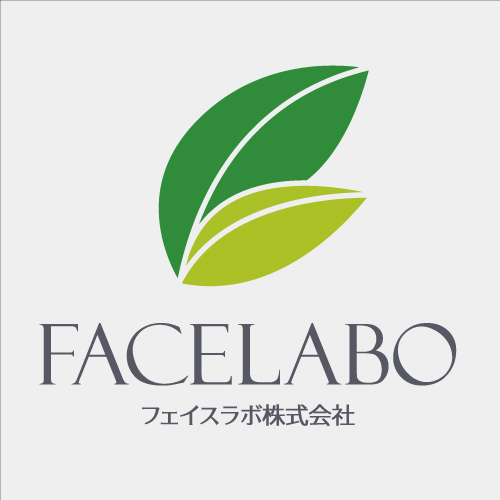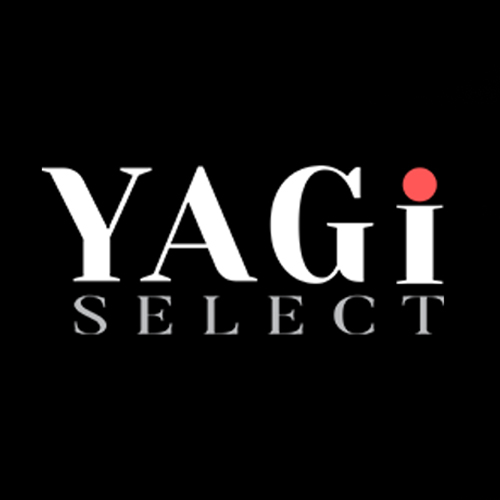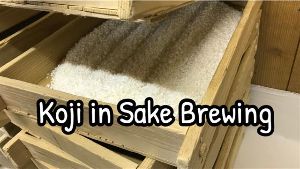September 2, 2025
Farmable: A New Model of Corporate and Farmer Partnerships in Japan
Interview with Mr. Kaito Toyoda of Sojitz Corporation on the Future of Sustainable Agriculture
From Hokuto City in Yamanashi Prefecture, a new initiative called Farmable is redefining how companies can engage with agriculture. By partnering with professional farmers, corporations can contribute to local communities and sustainable food systems, while experimenting with innovative uses of farmland—from pilot services to equipment trials. We spoke with Mr. Toyoda of Sojitz Corporation, one of the driving forces behind Farmable, to gain a deeper understanding of this pioneering approach.
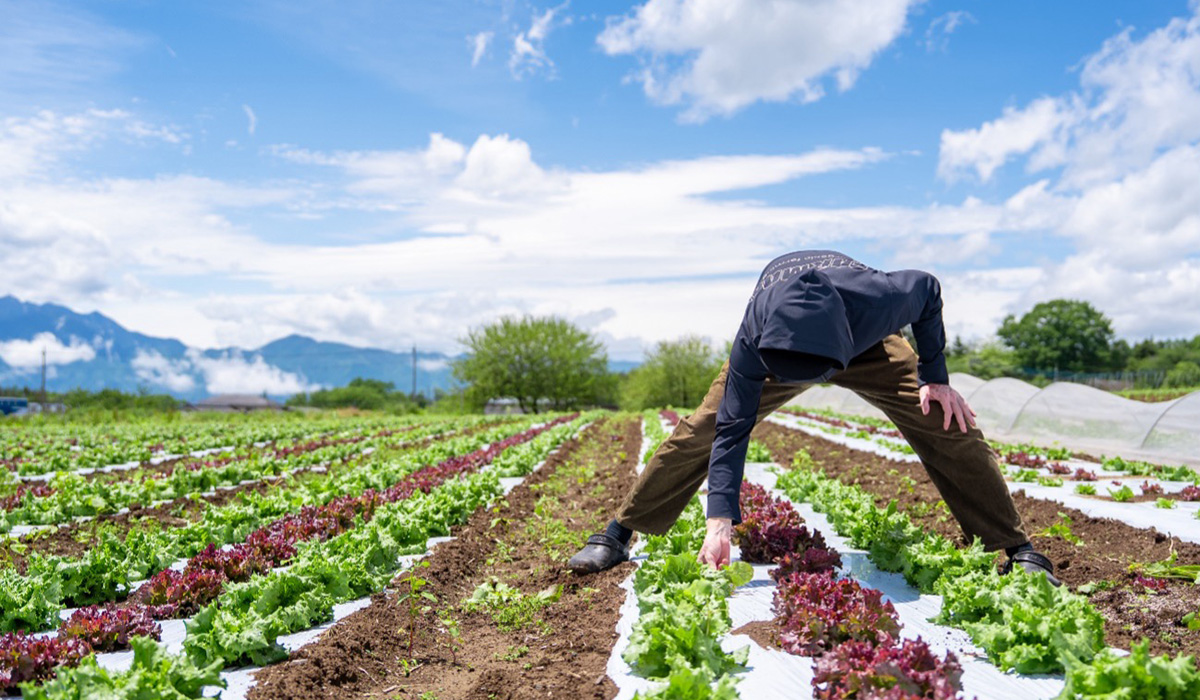
Could you start by explaining the background and concept of Farmable?
Farmable is a service that introduces a new approach to farming: “creating farms together with companies and farmers.” Our headquarters is in Hokuto City, Yamanashi, located at the foot of the Yatsugatake Mountains, which provides rich, ideal conditions for agriculture. However, Japan is experiencing a nationwide increase in abandoned farmland and difficulties for new farmers, especially in hilly or less accessible areas where maintaining farms is becoming more challenging.
Against this backdrop, Farmable strives to establish a sustainable agricultural model through collaboration between corporations and local communities. Interest in CSR and CSV is increasing, with companies eager to adopt sustainability-focused business approaches. However, entering agriculture is challenging—land acquisition, facility investments, and workforce shortages pose significant obstacles.
Farmable removes these barriers. Companies can contract land in units, without upfront investments. Farman Co., Ltd., a team of professional growers, manages the farms and tailors operations to company objectives. This model builds sustainable relationships among corporations, farmers, and local communities while reducing dependence on fluctuating daily yields.
How does engaging in organic farming and regional collaboration through Farmable add value to CSR activities?
Through Farmable, companies can directly contribute to reducing environmental impact and restoring soil health, which enhances the social value of their CSR efforts. It also creates opportunities for employees, customers, and shareholders to visit farms, interact with local farmers, and share the joy of harvests. These experiences foster empathy, strengthen community ties, and make CSR more tangible.
In addition, agriculture produces visible results—harvested crops—which can be used to develop new products or services. This allows companies to naturally connect CSR initiatives with their core businesses, such as using sustainably grown produce in food services, or even in daily goods, apparel, and cosmetics.
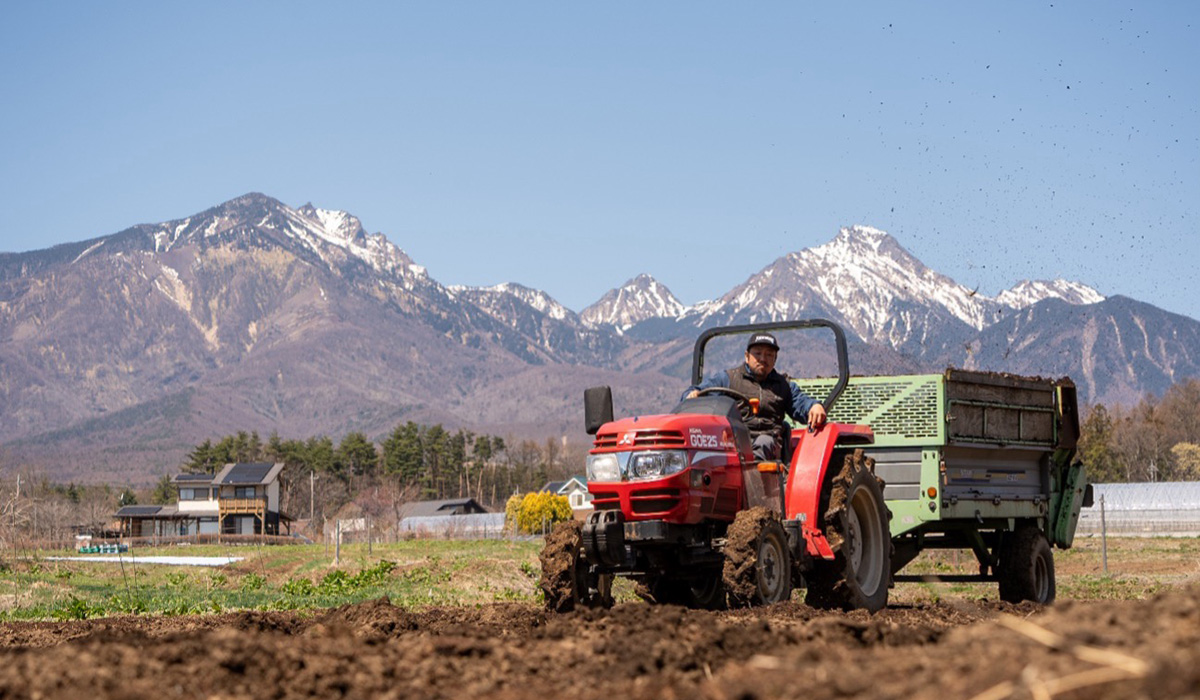
What do you pay special attention to when building collaboration between companies and farmers?
Farmers and companies often differ in language, culture, and decision-making speed. Large corporations, in particular, can be slow in forming internal consensus, whereas farm operations require agility. That’s why Farmable brings in Sojitz, Sakano Tochu, and Farman, whose experience bridges both corporate and agricultural sectors.
Equally important, we help companies understand the realities of farming. Agriculture is subject to unpredictable risks such as weather and pests. By promoting the CSA (Community Supported Agriculture) philosophy, we encourage companies and farmers to share risks together, which is essential to building trust and resilience.
What challenges does Farmable currently face?
The biggest challenge is explaining the concept itself. In Japan, terms like “CSA” or “corporate participation in agriculture” are not yet widely understood, making it hard for companies to understand the service intuitively. However, once this obstacle is overcome, we believe Farmable’s unique value—as a way to address corporate challenges and social issues through agriculture—will become much clearer.
What message would you like to share with companies considering joining Farmable?
Farms are not just places to grow food—they are deeply connected to the environment, health, community, and economy. Having a custom-made corporate farm offers immense value for any company.
No prior farming experience is necessary. Professional farmers handle daily operations and align the farm with corporate goals. Farms can serve as sources of innovation—whether for food, wellness, eco-friendly materials, or even employee engagement and welfare programs. Companies can also start small, taking their first step toward social connection through agriculture with Farmable as a trusted partner.
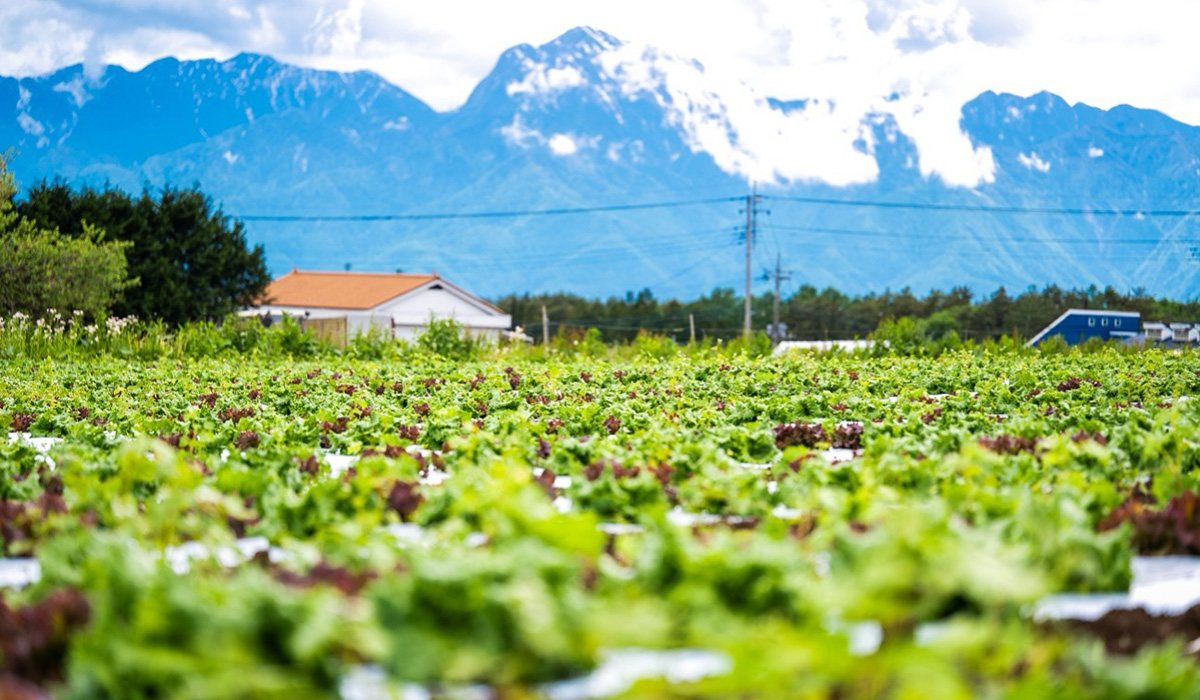
How do you envision Farmable’s future expansion? Do you envision expanding Farmable beyond Japan to international markets as well?
Farmable’s mission is to support farmers and encourage corporate participation in agriculture as a way to safeguard our food systems. Looking ahead, we aim to function as an incubator for new farmers across regions, helping sustain agriculture through corporate–farmer collaboration.
For now, our focus is on solidifying the model in Hokuto City. In time, we plan to expand to other regions in Japan—and ultimately, we hope Farmable can grow into a framework that protects agriculture worldwide.
Website: https://farmable.on-the-slope.com
Kaito Toyoda
Sojitz Corporation
Sojitz Corporation
